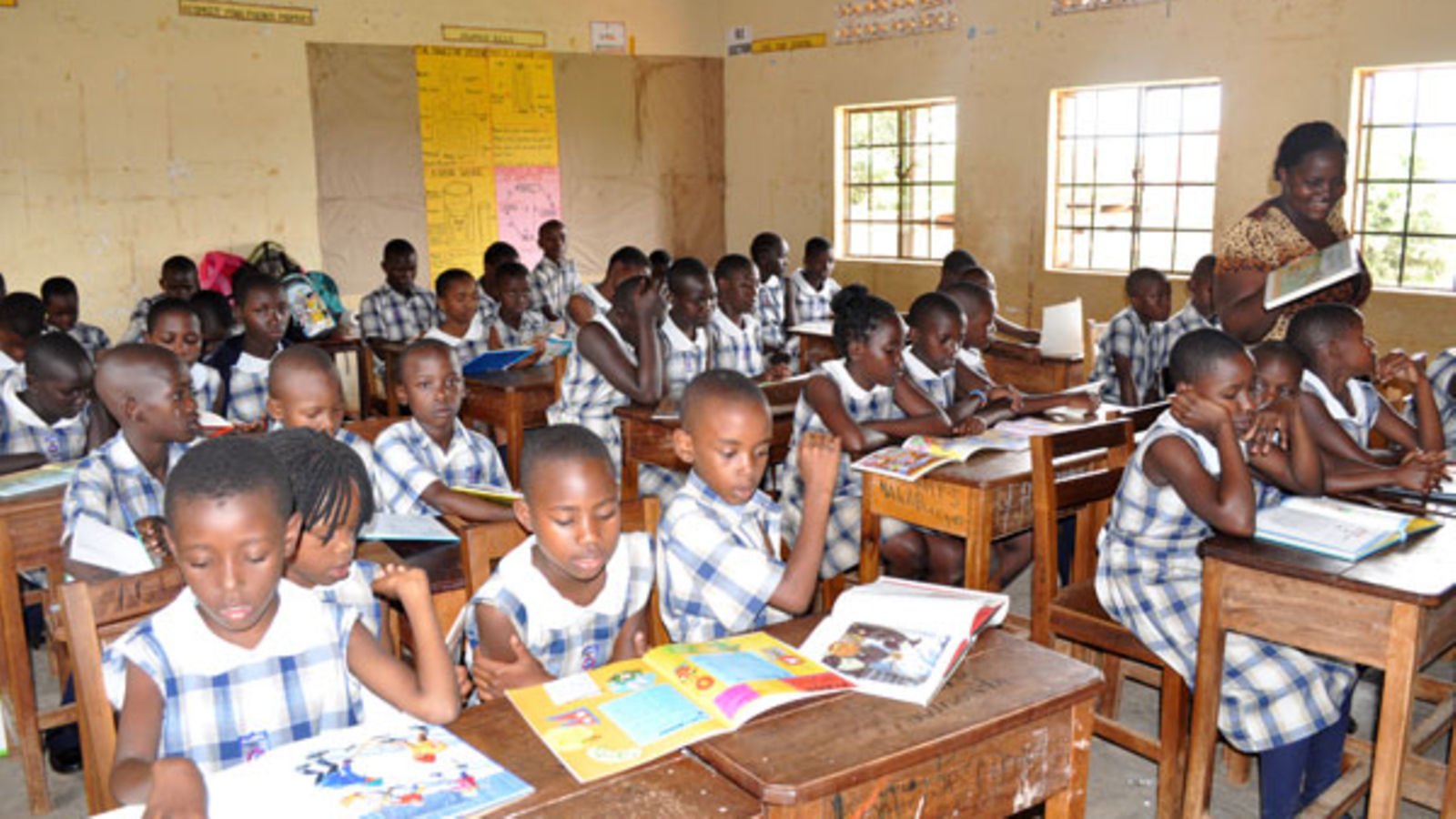Despite the introduction of an e-inspection system aimed at curbing teacher absenteeism in public schools across Uganda, a recent report indicates that the issue persists, hindering the quality of education in the country. The Integrated Inspection System (IIS), first piloted in 1,000 government schools across 46 districts in 2016, has failed to address the challenge of absenteeism effectively.
The e-inspection system, designed to provide real-time monitoring of school activities, allows inspectors to access information about school operations upon entering the school’s code into electronic gadgets. However, Ministry of Education officials disclosed that despite the implementation of this automated system, absenteeism remains a significant concern.
Ms. Jane Frances Atima, the acting director of Education Standards at the Ministry, cited findings from a recent study conducted by Unicef titled ‘Time to Teach,’ revealing that many teachers are not teaching all subjects as per the ministry’s guidelines. She emphasized that absenteeism impedes students’ ability to achieve expected competencies, leading to a high number of ungraded candidates in national examinations.
During a training session held at St Henry’s College Kitovu in Masaka City, attended by accounting officers from districts, municipalities, and cities, Ms. Atima highlighted challenges hindering the effective utilization of the e-inspection system. These challenges include internet connectivity issues and insufficient funds for data, although she noted that some schools use these as excuses despite others performing well in similar circumstances.
Additionally, Mr. Ananias Kweyamba, the Ibanda District chief administrative officer, emphasized the need to address root causes of poor performance in government schools, such as low teacher motivation due to lack of housing facilities, long distances, and low salaries. He urged policymakers to consider these factors in conjunction with e-inspection initiatives to yield positive results.
However, Ms. Doreen Ankunda Tumwebaze, the commissioner of Basic Education at the Ministry of Education, revealed that some school administrators and teachers deliberately disconnect e-inspection machines, undermining the effectiveness of the system.
In response, the State Minister for Primary Education, Dr. Moriku Kaducu, emphasized the importance of collaboration among stakeholders to ensure the effectiveness of the e-inspection system. She acknowledged challenges such as school fees charges and inspection gaps but emphasized the system’s potential to enhance supervision and monitoring of schools.
The e-inspection system was introduced as part of efforts to enhance inspection and address challenges in reporting and compiling data in the education sector. Funded by a grant worth $100 million from the Global Partnership for Education (GPE)/ World Bank in 2015, the project aimed to improve the quality of education and ensure accountability within the education system.




















